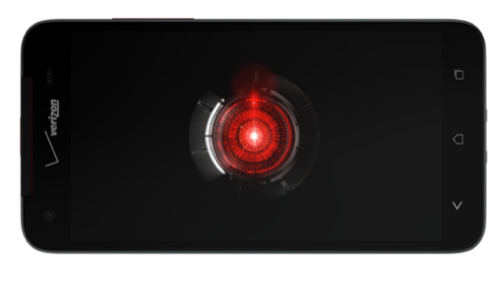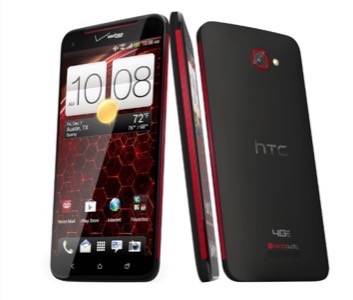
Last week, a friend of mine called from the Verizon store. His girlfriend was looking for a new smartphone and wanted my opinion on what she should get. The choices were the iPhone 5, the Samsung Galaxy S III and, “something from HTC.”
I cringed. HTC has not had a desirable device on Verizon for a long time. The option presented was the Rezound, the successor to the flawed Thunderbolt and already a year old. When asked if she should consider the Rezound, my response was, “oh god, no.”
Verizon is the largest cellular carrier in the United States – and the one that sells the highest proportion of Android devices. The fact that HTC has had nothing worth worth buying on the carrier for basically all of 2012 has been a major problem for HTC.
The Droid Incredible 4G LTE was an also-ran device for HTC on Verizon, a reprise of a past hit updated for 4G LTE. Verizon passed on HTC’s flagship One series – it went to AT&T. Sprint remodeled the One X to be the EVO 4G LTE. Verizon stuck with its aging HTC models even as it released new devices from the likes of Motorola and Samsung.
About Time For A New HTC Phone
On Tuesday, HTC finally announced a new top-of-the-line smartphone, exclusive to Verizon. The Droid DNA is a 5-inch Android 4.1 Jelly Bean device that HTC dubs as “the ultimate smartphone.” It’s screen packs a pixel per inch rate of 440 (quite a bit higher than the iPhone’s 326 ppi), an 8 megapixel camera, Beats Audio with a 2.55 volt headset amplifier, 2020 mAh battery and a 1.5 GHz quad-core Snapdragon processor. The Droid DNA will run HTC’s Sense 4 Android skin on top of Jelly Bean. It will be available for $199 on a two-year contract from Verizon starting Nov. 21.

The 5-inch screen may be a touch excessive for some, but otherwise the DNA is everything an Android fan might want from a smartphone. Whether or not it lives up to HTC’s marketing blather, “the ultimate smartphone” is indeed quality competitor on Verizon.
That’s critical for a comany whose numbers have been abysmal over the last two quarters. HTC’s revenue in the third quarter was 23% down from the second quarter and 48% down from Q3 2011. The manufacturer has not gained traction with the One X or the Evo 4G LTE, and the lack of a decent option on Verizon has been even more damning. The most lucrative market of Android users in the U.S. has been essentially lost to HTC for the better part of 12 months.
Will the Droid DNA be enough to reverse HTC’s downward trend? Not entirely.
This holiday shopping season has more great mobile devices to choose from than ever before. But expanding its distribution channels with high quality devices has to be one of HTC’s first priorities as it begins climbing back towards the top of the smartphone ladder. The Droid DNA is a good step in that direction.

















